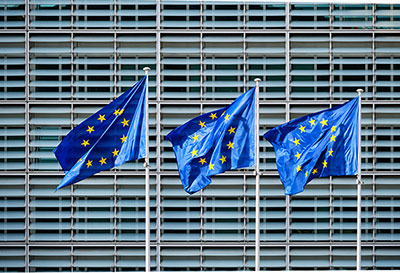The European Union’s Artificial Intelligence Act (AI Act), which came into force on 1 August 2024, represents a pioneering effort to regulate AI technologies within the EU. A significant development in this regulatory landscape is the publication of the third draft of the General-Purpose AI (GPAI) Code of Practice, aimed at guiding AI model developers in aligning with the Act’s requirements. EU
The GPAI Code of Practice serves as a practical guide for developers of general-purpose AI models, clarifying their obligations under the AI Act. This Code is being developed through an iterative process, with the final version expected by April 2025, nine months after the AI Act’s enforcement.
Key Highlights of the Third Draft
The latest draft introduces several noteworthy provisions: The Times
Transparency in Training Data: AI companies are encouraged to disclose details about their training data, facilitating the identification of potential copyright issues and promoting accountability. Sifted
Model Safety Assessments: The draft proposes that external experts be granted access to AI models to evaluate their safety, ensuring that these systems operate reliably and ethically. Sifted
Systemic Risk Mitigation: For advanced AI models that could pose systemic risks, the Code outlines measures for risk assessment and mitigation, including model evaluations, incident reporting, and cybersecurity obligations. EU

Concerns and Ambiguities

Despite its advancements, the draft has raised concerns among stakeholders:
Impact on SMEs: There is significant ambiguity regarding the obligations of small and medium-sized enterprises (SMEs), which could face challenges in compliance due to limited resources. Sifted
Balancing Innovation and Regulation: Critics argue that overly stringent regulations might stifle innovation, particularly among smaller AI developers, potentially hindering the EU’s competitiveness in the global AI landscape. The Times
Next Steps
The drafting process of the GPAI Code of Practice is ongoing, with the European Commission actively seeking feedback from stakeholders to refine the Code. The goal is to strike a balance between ensuring ethical AI development and fostering innovation within the industry. CSIS
The third draft of the GPAI Code of Practice marks a significant step towards operationalising the EU’s AI Act. While it introduces essential guidelines for AI developers, addressing the concerns raised by various stakeholders will be crucial to ensure that the Code is both effective and equitable. Sifted
North Atlantic
Victor A. Lausas




